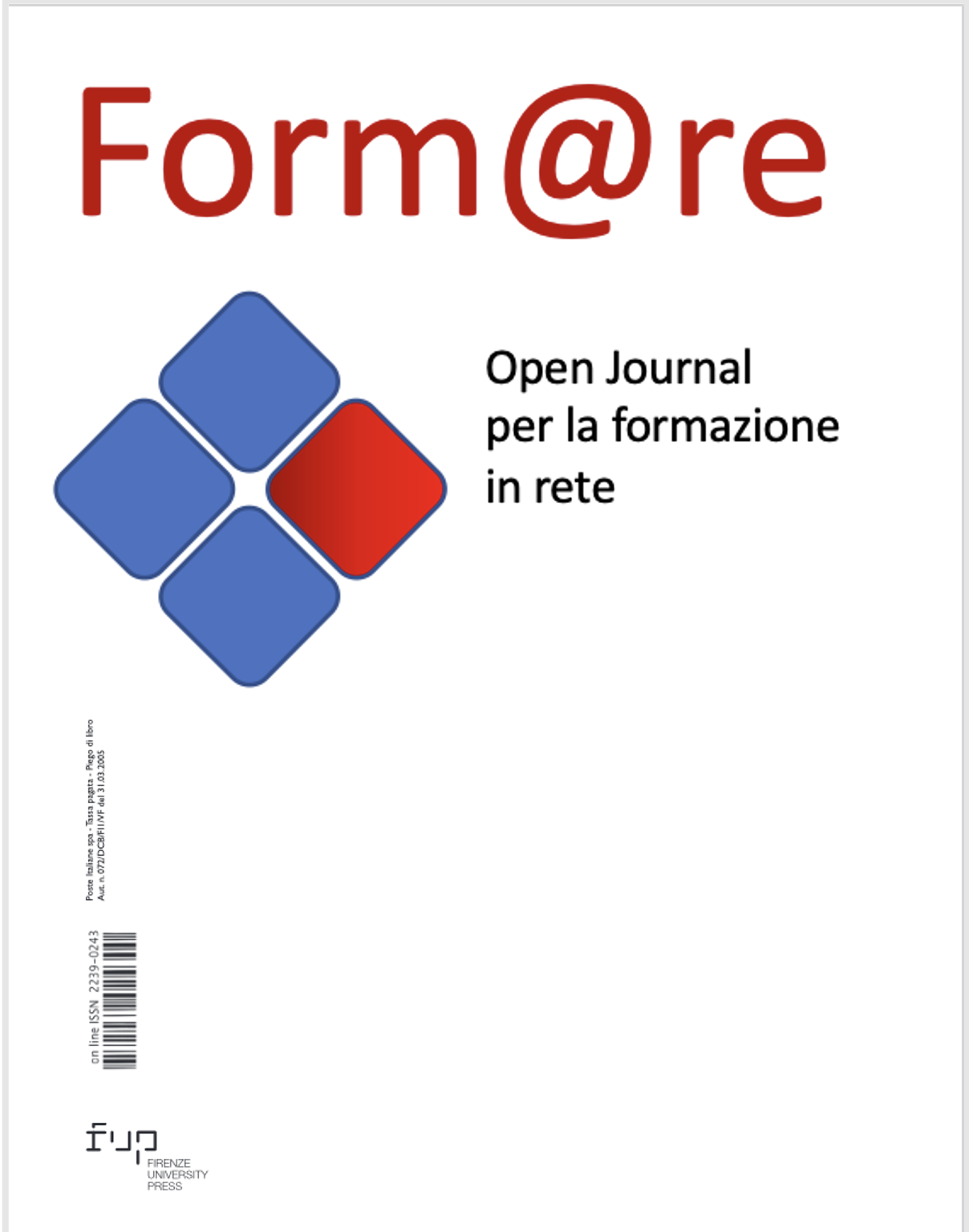The latter offers a conceptual framework composed of three competence areas: the personal area, the social area and the learning to learn area; in turn, each of the three competence areas is divided into as many competences for a total of nine competences. The personal area is composed of Self-Regulation, Flexibility, Well-Being; the social area is composed of Empathy, Communication, Collaboration; the learning-to-learn area is composed of Growth, Critical Thinking, and Learning Management. Each competence, subsequently, is retranscribed through three descriptors that correspond to a reiterable model consisting of awareness, knowledge, action. Thus, three areas, nine competences and twenty-seven descriptors that illuminate the way to be able to stand in change, in transformation, in a world so mutant that it can only foreshadow programs of adaptation to the unknown. That is why, even in education and training, it is so important to know/understand/study which paths to take, with what content, through what methods, in order to be able to strengthen the entrepreneurial spirit for the act of living itself.
These are skills that can support every individual, person, citizen of our global countries to be and become more capable of resilience, transformation, change in personal and professional life. The challenge of being able to manage the becoming, even sudden one, is a social issue, no longer an individual one. This is an important point to emphasize beyond the reference model, beyond the term competence, which, even nowadays, in pedagogical circles is more hostile than capability/capacitation/ability.
Let us also say that the issue is political and not just pedagogical or didactic: dealing with the skills of the adult population is important for the support that educational policies can and should give to every citizen. Delving into the category of competences through a model proposed by an European community body is interesting and important. Firstly, because of the openness that this interest implies, an openness related to change, but is this not the purpose of education? Secondly, the importance comes from having a guide that orients, and we know, again, how necessary it is to orient the adult population, we know how necessary education is in the transition to adulthood as well as in the transition from work to retirement. So, this LifeComp model, which is very close to the theme of pedagogical care, gives us a guidance tool, it works like an instruction booklet that everyone can read as they wish, knowing, however, that they have a path laid out, which they can interpret according to the context.
CIRPed, Italian Center for Pedagogical Research, wishes to bring to the attention of the national and international scientific community a topic that, transversally, crosses knowledge, skills, and values of civil society and induces a reflection on the future of human subjectivities and future democracies.
Guest editors:
Vanna Boffo, Università degli Studi di Firenze
Maria Luisa Iavarone, Università degli Studi di Napoli “Parthenope”
Sara Nosari, Università degli Studi di Torino
Antonella Nuzzaci, Università degli Studi de L’Aquila
Language: English, Italian
Deadline: contributions must be received by 10 January 2023
Issue Publication: March 2023

